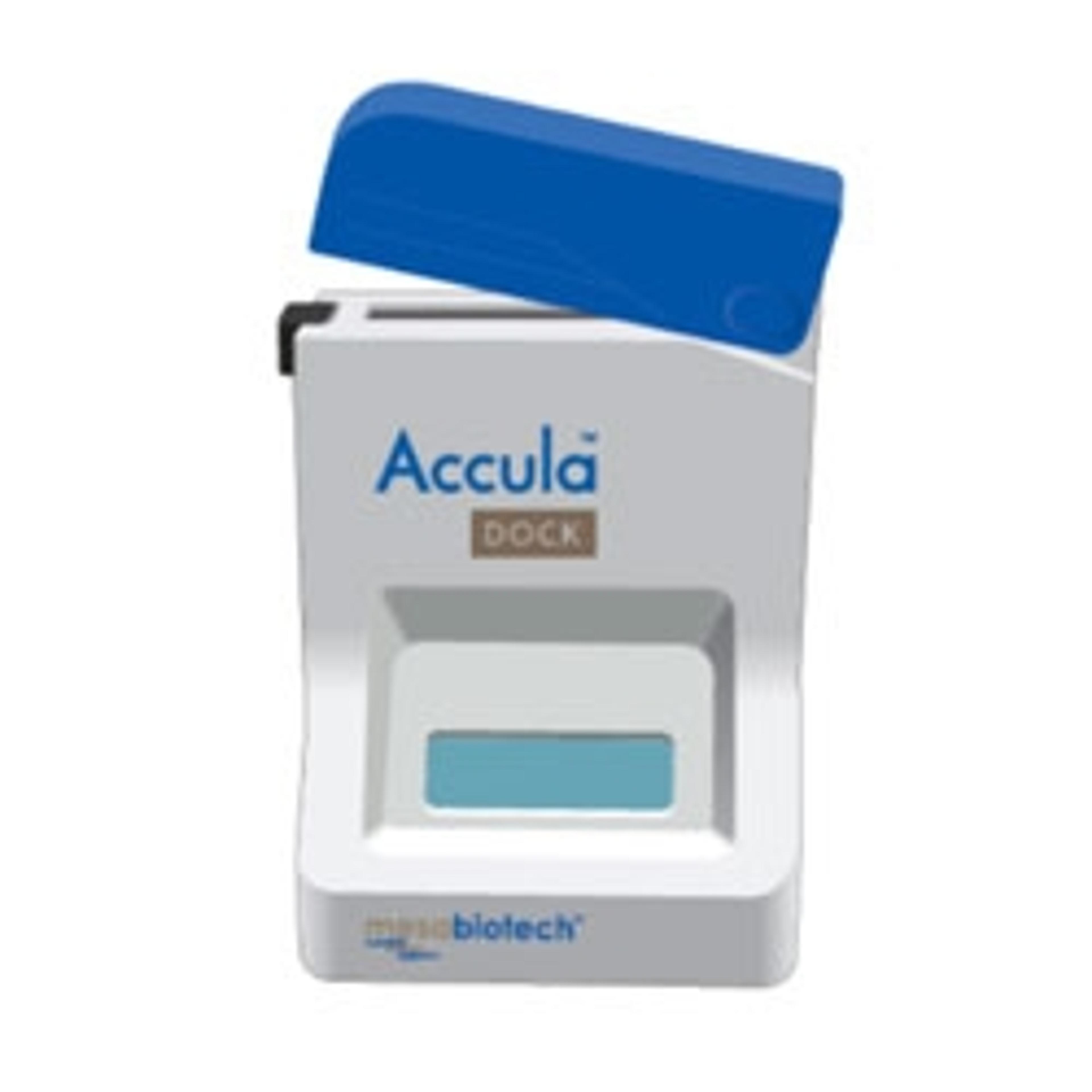Mesa Biotech to Launch Molecular, Sample-to-Answer RSV Test at AACC 2019
RSV test represents expansion of FDA-cleared, CLIA-waived and CE-marked PCR point-of-care testing portfolio
30 Jul 2019Mesa Biotech Inc., a privately-held, molecular diagnostic company that has developed an affordable, sample-to-answer, CLIA-waived PCR (polymerase chain reaction) testing platform designed specifically for point-of-care (POC) infectious disease diagnosis, has announced the launch of its respiratory syncytial virus test (RSV). Mesa will demonstrate its expanded, novel Accula™ Test System at the 71st American Association of Clinical Chemistry (AACC) Annual Meeting and Clinical Lab Expo. AACC is being held on August 4-8, 2019 at the convention center in Anaheim, CA. The Accula System's RSV and Flu A/Flu B molecular tests will be on exhibit in Booth 3902. Sekisui Diagnostics distributes both products in the US under the Silaris™ brand.
"We are excited to launch our second Accula point-of-care test at AACC," said Hong Cai, Co-founder and Chief Executive Officer, Mesa Biotech, Inc. "Similar to influenza, RSV requires a prompt and accurate diagnosis at the POC so treatment can begin, making our RSV test an important addition to our sample-to-answer PCR testing platform."
Respiratory syncytial virus is an RNA virus attributable to outbreaks of respiratory tract infections. RSV infections can occur throughout the year, but typically peak during the winter months. Studies indicate that nearly 100 percent of children will suffer from RSV infections by age two. RSV viruses not only cause upper respiratory tract infections but also bronchiolitis of the lower respiratory tract, which often becomes severe in infants and toddlers with underlying diseases. Diagnosis of RSV is difficult because the initial symptoms can be similar to those caused by other infectious agents. Considering the RSV virus is highly contagious, accurate diagnosis and prompt treatment of patients can have a positive effect on public health.
For more science news, straight to your inbox, join SelectScience today >>

